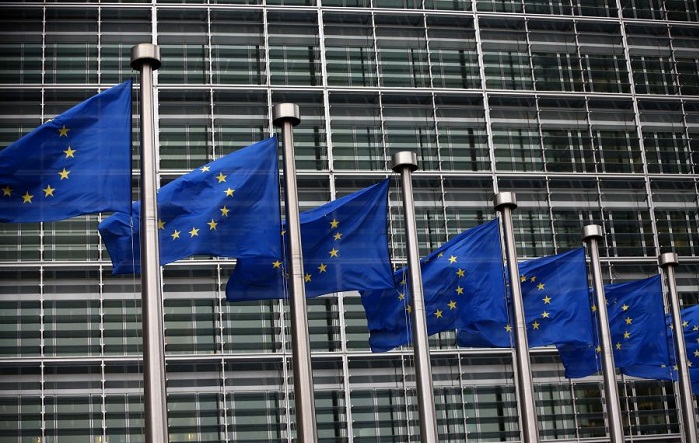To date, the EU has stood firmly by the deal it reached with the UK — the so-called Withdrawal Agreement — insisting it was locked down and ready for Britain to approve.
But given the UK Parliament’s reluctance to do so, and the consequent prospect of a delay to Brexit, something interesting has happened. For the first time in the Brexit process, we are approaching a European Council summit where the behavior of the EU can’t easily be predicted.
The difficulty for the EU is that, long or short, any delay comes with complications. And this is where opinions in European capitals start to diverge.
If the UK hasn’t left the EU by May 22, it might have to take part in elections to the European Parliamentary elections — and if that happens, there is a real concern in Brussels that hardline euroskeptics could stand for election, in protest at Britain not yet having Brexited. An EU source recently told CNN of worries in Brussels that far-right figures like Tommy Robinson could end up as Members of the European Parliament, with all the associated attention that brings.
But a shorter delay of just a few weeks brings its own problems. There is no guarantee that by the end of it, the UK Parliament would have given a thumbs-up to May’s deal. In reality, it could just mean a delay to a no-deal Brexit that almost everyone claims they want to avoid, but still remains the default legal position.
